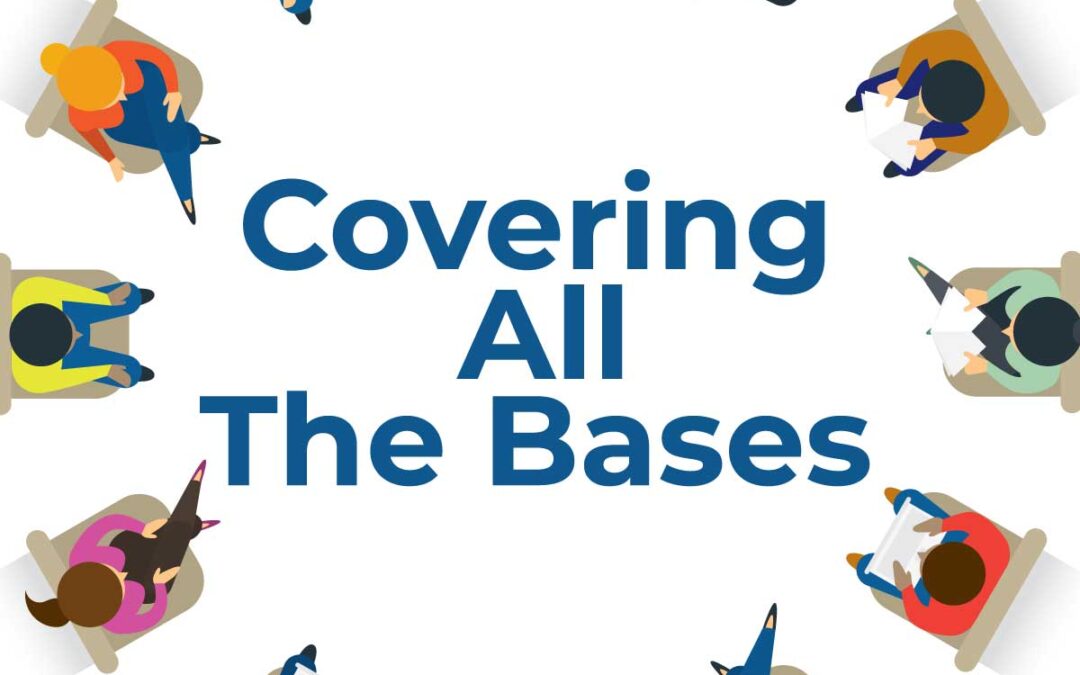The need to ensure there’s an adequate number of gambling treatment counselors in Minnesota is one thing. Ensuring that these counselors have the opportunity to collaborate and learn best practices to be successful is another
To ensure a level of quality control among counselors, MNAPG subsidizes a state-wide supervisory process whereby a certified gambling treatment counselor in one corner of the state can learn from a colleague in another part. Each month, providers have two opportunities to virtually meet one another and learn. “It’s a chance to network, connect, encourage and be a mentor for new people in the field,” says Lisa Vig Johnson, gambling addiction counselor at Lutheran Social Services of North Dakota who oversees the process.
“Newer providers need role models who can let them know about resources and tools to help them, such as videos, books, lectures or PowerPoint presentations” says Lisa. Seasoned providers can also help less experienced counselors with specific strategies and approaches when they encounter situations with clients that are challenging to treat effectively.
The provider convening also provides an opportunity to discuss ethical dilemmas that may arise during the course of treatment. “For example, there may be a situation where someone is coming to a provider but it’s not appropriate for them to provide services for legal or other reasons,” says Lisa. “In that case, we help direct them to the appropriate venue.”
In addition to being a place where gambling counselors can share their struggles and successes, the meetings provided a place for good old-fashioned bonding. “In the same way that people participating in treatment want to feel a sense of belonging and a place to share similar experiences, the same is true from a counseling perspective,” says Lisa. “It helps with morale and to keep each other engaged and dedicated even in the face of setbacks.”
Although the process is referred to as “provider supervision,” “supervision” is somewhat of a misnomer. “It has nothing to do with being “supervised” as an employee in the traditional context,” says Lisa. “It’s all about honing skills to be as effective a gambling counselor as possible.”
Currently, Minnesota does not mandate provider supervision. MNAPG believes this is an important component to the quality of care and therefore subsidizes this program. Provider supervision is voluntary and there is no cost for counselors or their organization to become involved. It’s a great opportunity for counselors to elevate their competencies, and ultimately provide Minnesotans struggling with gambling addiction the best possible outcome.

